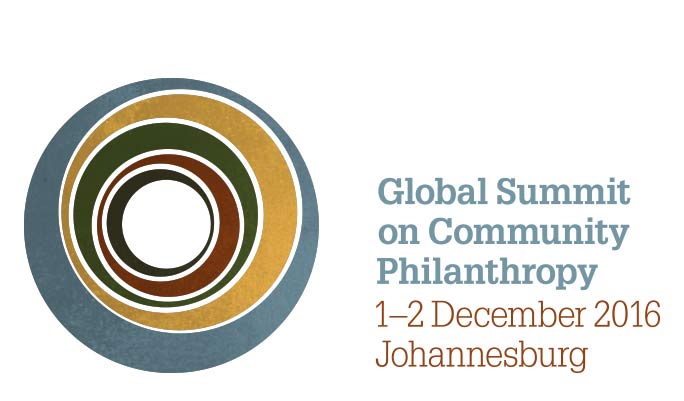Concurrent Sessions - Day 1
1. Added value
Community philanthropy is partly defined as financial resources – the funds that givers from outside and inside the community provide for a specific community or project. But a bag of money sitting on a table cannot #ShiftThePower. It is how you use grantmaking as a catalyst to unlock and mobilize other assets in a community that adds the value that makes the real difference. Or as Jeff Yost of the Nebraska Community Foundation put it: “Any positive change that is going to stick has to be locally driven.”
In this session, participants will work together to answer this question: What tactics or design elements in the structure of community grantmaking work (or don’t work) to strengthen the local capacity, influence, trust, relationships and resources needed for community change to stick and keep moving forward?
2. Architecture & hybridity
Drawing examples from Canada, the US and across the world, the session will explore the ways in which organizations of different kinds can, working singly and with others, use their assets, knowledge, capacities and relationships to create a "network effect" to shift the power in favour of people who are currently marginalized.
3. Evidence & data
This session will examine how data can drive, inform and grow a locally owned development agenda. Participants will bring their questions and quandaries and there will be interactive sharing of solutions.
4. Participation & mobilizing people
Shifting decision making power to the people: models of participatory grantmaking
Using a "speed networking" methodology, this session will give participants a unique chance to hear how their peers incorporate different forms of community participation and leadership into their grantmaking strategies and practices to transform power dynamics in deciding who gets funded within a community, for how much, and for what purposes.
5. Resources
Addicted to scale? What it really means to make an impact
How often are do you wonder whether and how your work can be "taken to scale"? We often think of scale as "big" and we assume that scale is positive. Is that reality, and should it be? Join a conversation of community philanthropy practitioners and others considering why "scale" is so alluring in the development world but so vaguely defined, and help consider how we might redefine the term so that it reflects and promotes the values of our work.






